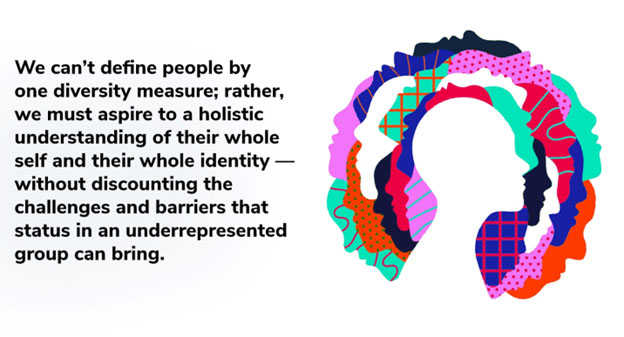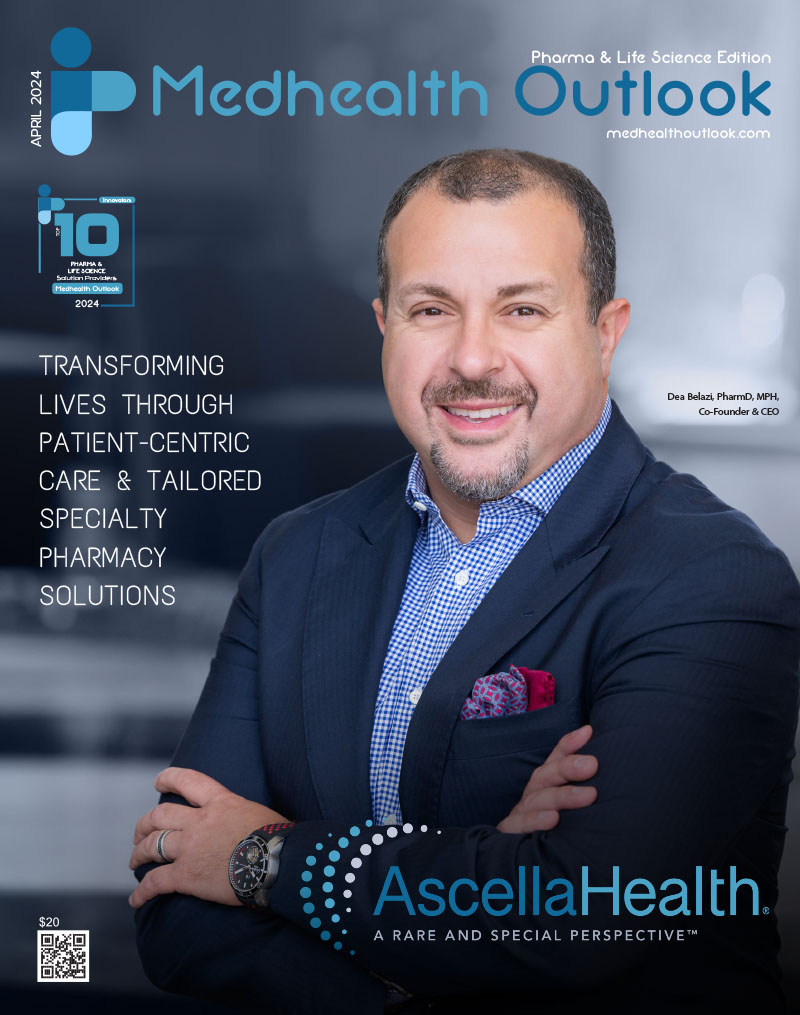The Food and Drug Administration (FDA) will soon require clinical trial sponsors to submit a plan for improving diversity among clinical trial participants. While enhancing diversity, equity and inclusion (DEI) has been a topic of discussion in the industry for many years, sponsors will soon have an imperative to act.
The omnibus spending bill, which was passed in December 2022, advances current guidance by requiring sponsors to submit diversity action plans for phase 3 or pivotal clinical trials by the time they submit the protocol. The plans must include the sponsor’s goals for enrollment by age, sex, race and ethnicity; rationale for those goals; and how the sponsor plans to meet them.
To effectively recruit and engage diverse populations, sponsors need to address common barriers that include access, trust and awareness as well as financial and logistical concerns. As they prepare for full implementation of the new requirements, sponsors will need to re-think patient recruitment and engagement planning to ensure alignment with DEI goals and objectives. Key considerations include the use of data, technologies and engagement platforms to accomplish these new regulatory requirements from the FDA.
Data-driven Intelligence
Sourcing data from across the healthcare ecosystem can help provide insight into gaps in DEI and help sponsors identify where specific patient audiences are and how to engage them. Accurate data can help identify recruitment and engagement challenges and inform the development of diversity action plans.
By taking a holistic view of the patient, examining both health and lifestyle data points, sponsors can gain a comprehensive understanding of the patient journey. Identifying the challenges that study participation introduces into a patient’s daily life can help inform the solutions that create room for participation. Findings can determine everything from recruitment strategy and content creation to media planning and campaign optimization.
Global data sources can be supplemented with patient and physician interviews, focus groups and surveys for insight into disease incidence, prevalence and attitudes – creating an essential foundation for an inclusive clinical research environment.
Tech-enabled Solutions
Providing patients with increased access, convenience, flexibility and, most importantly, choice, is critical for creating a diverse, equitable and inclusive enrollment environment. By leveraging tech-enabled solutions that align with individual needs and preferences, sponsors can reach and engage patients where they are in their daily lives.

Sponsors have a range of solutions to consider that facilitate everything from travel and reimbursement to communication and remote data collection, which can be customized to specific audiences based on race, ethnicity, age, gender, income and other demographic factors. The key is to understand the individual audiences. Learn what the patient population cares about, how they feel, and what motivates them. Leverage this knowledge to adapt solutions to engage a wider audience.
Addressing diverse needs means offering solutions that facilitate travel, or reimbursement, or language interpretation, or telemedicine, or meals, or medication delivery; we must find ways to reduce the barriers of participation while making trials more flexible and widely available to people from very diverse backgrounds and varying needs. The bottom line is that we must meet people where they are — including geographically, culturally, emotionally and psychologically.
Engagement Platforms and Ecosystems
Any successful initiative to recruit diverse populations will require a diversified outreach and engagement strategy and an infrastructure to support it. Sponsors will need a multitude of solutions, strategies and services with diversification and differentiation in both outreach vehicles and messaging. The right engagement platform or tech-enabled ecosystem can provide the flexibility and scalability to customize solutions based on patient need.
The best platforms and ecosystems allow for the integration of services, support and software to support patient choice. Sponsors who can efficiently and cost-effectively scale services and support have an advantage in responding to changes in participant needs.
The right platform or ecosystem can empower and educate patients with information and access – critical to engagement. Technology can provide patients with a level of control over their clinical trial experience, keeping them engaged.
We must recognize the individuality that exists within groups of diverse populations — and plan for a diversified study program that anticipates and supports needs on a patient-by-patient, site-by-site and country-by-country basis. By investing in technology that puts the patient at the center of the clinical trial experience, sponsors can create meaningful connections within the entire study community and most importantly, offer patients a more accessible, inclusive and equitable experience.











